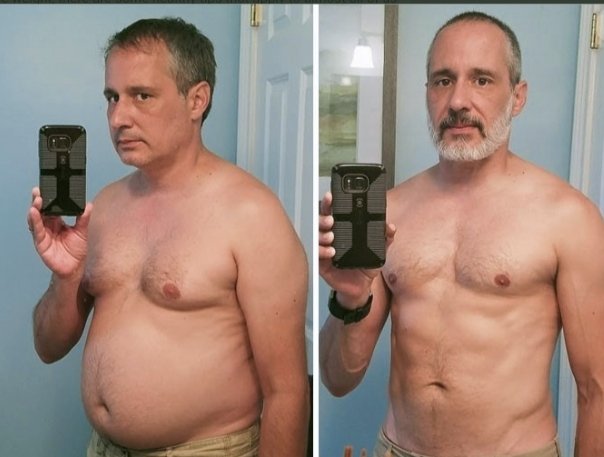
Lose 5 kilos in a week! It's a trope we see everywhere, and if you're someone who needs to shed some pounds for health reasons or just want it for yourself, it can sound pretty tempting. It's technically possible for some people to lose that much in that time period, but our nutritionists don't recommend it and it's definitely not a healthy approach. While you may have lost that much on a low-carb or keto diet (which may be mostly water weight), you'll likely gain it all back once you decide it's time to eat carbs again. Plus, since weight loss is generally very dependent on your metabolism and a lot of other factors unique to you, including physical activity and body composition, this promise won't apply to everyone.
If you're still struggling to lose weight, there are some healthy tips that apply to almost all of us—and they're concepts we can put into practice right now.
How to lose weight safely
- Increase your vegetable intake.
Instead of restricting different foods and food groups, focus on incorporating lots of nutritious foods to add to your diet to promote overall health and weight management. The water and fiber in the products add bulk to meals and are naturally low in fat and calories, but rich in nutrients and satiety. You can create lower-calorie versions of delicious meals by substituting more calorie-dense ingredients for fruits and vegetables. If you think about making some meals mostly vegetarian (at least 50% of everything you eat), you're on the right path to better health.
- Build a better breakfast.
A well-balanced breakfast—one that contains fiber, protein, healthy fats, and comes together in a delicious meal—will change your day, especially if you've been skipping it and still trying to prioritize a healthy lifestyle. Skipping breakfast can affect your hunger hormones later in the day, making you feel "angry" in the afternoon, making it harder to avoid overeating or craving sugary and refined carbohydrate foods. The best and most filling breakfasts are the ones that fill you up, fill you up, and stave off cravings later in the day. Aim to eat anything between 400 and 500 calories for your morning meal and make sure you include a source of lean protein plus a satiating fat (such as eggs, unsweetened Greek yogurt, nuts or nut butters) and fiber (vegetables, fruit, or 100% whole grains ). Start your day with a blend of nutrients that stabilize blood sugar and help you lose weight.
- Snack smart.
Many of today's popular snacks are not nutritious but are high in calories. The main culprits often come in the form of refined grains like cereal, chips, cookies and crackers, but also high-calorie drinks like juice and soda. Try to keep snacks under 300 calories for weight loss and aim for healthy snacks with at least 4 grams of fiber and 4 grams of protein to keep you full. Choose picks that are ideally low in added sugar and sodium.
- Eat mindfully.
Slowing down to focus on things like the taste, texture, temperature and smell of what you're eating can help with portion control. However, mindful eating also means that you really pay attention to what you're eating and when - this can help you identify unnecessary moments of munching that you may not even realize you're having throughout the day and that could be adding extra calories. More importantly, try to avoid eating foods that you don't choose for yourself. Mindful eating can help shift the focus of control from external authorities and guidelines to your body's own inner wisdom. Noticing where your extra calories are really coming from is the next step to making better decisions in the short and long term.
- Skip the sugary drinks.
We just don't feel full from liquid calories in quite the same way as real food. Drinking juice or a caramel coffee drink just isn't as satisfying as eating a bowl of stir-fried veggies and protein. Cutting out sugary drinks is often the easiest way to lose weight faster, and the bonus is that it's also good for things like heart health and diabetes prevention. So watch your intake of juice, soda, sweetened coffee and tea, and alcoholic beverages. If you consume each of these drinks during the day, you'll consume at least 800 extra calories at night - and you'll still be hungry. (By the way, alcohol can suppress fat metabolism, making it harder for you to burn those calories